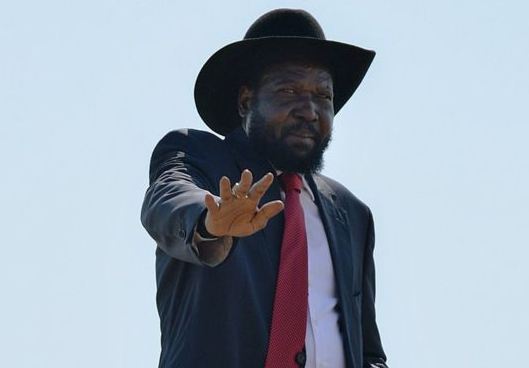
South Sudan worries about impact of Bashir’s toppling

Thursday’s military coup in Sudan sparked concern in neighbouring South Sudan that the toppling of longtime President Omar al-Bashir could threaten the fragile peace agreement that ended South Sudan’s five-year civil war.
The deal South Sudanese President Salva Kiir and former rebel leader Riek Machar signed last year that calls on them to form a unity government on May 12. But key requirements – including integrating their forces – have not been met.
The deal was guaranteed by Sudan, but the ouster of Bashir transfers much more responsibility for the success of the agreement to Kiir and Machar
In Sudan, Defence Minister Awad Mohamed Ahmed Ibn Auf announced the end of Bashir’s rule, saying the country would enter a two-year period of military rule to be followed by presidential elections.
Both the South Sudanese government and former rebels expressed alarm over the coup.
“Sudan laboured so hard to restore peace and stability and because of that we have the current prevailing peace agreement in South Sudan and it is a guarantor,” Martin Elia Lomoro, South Sudan’s cabinet affairs minister, said in a meeting with international ceasefire monitors.
Sudan, a largely Muslim nation, granted the largely Christian south its independence in 2011 after decades of scorched-earth fighting. Two years later, South Sudan plunged into its own intermittent civil war, with some 400,000 people killed and nearly a third of the population uprooted.
Despite the conflict and a still-festering border dispute, relations between Sudan and South Sudan have warmed in recent months. Both countries desperately needed the cash generated by oil from South Sudan flowing through a pipeline and port owned by Sudan.
The Vatican brought together South Sudanese leaders, including Kiir and Machar, for 24 hours of prayer and preaching on Wednesday, an attempt to heal their bitter divisions.






